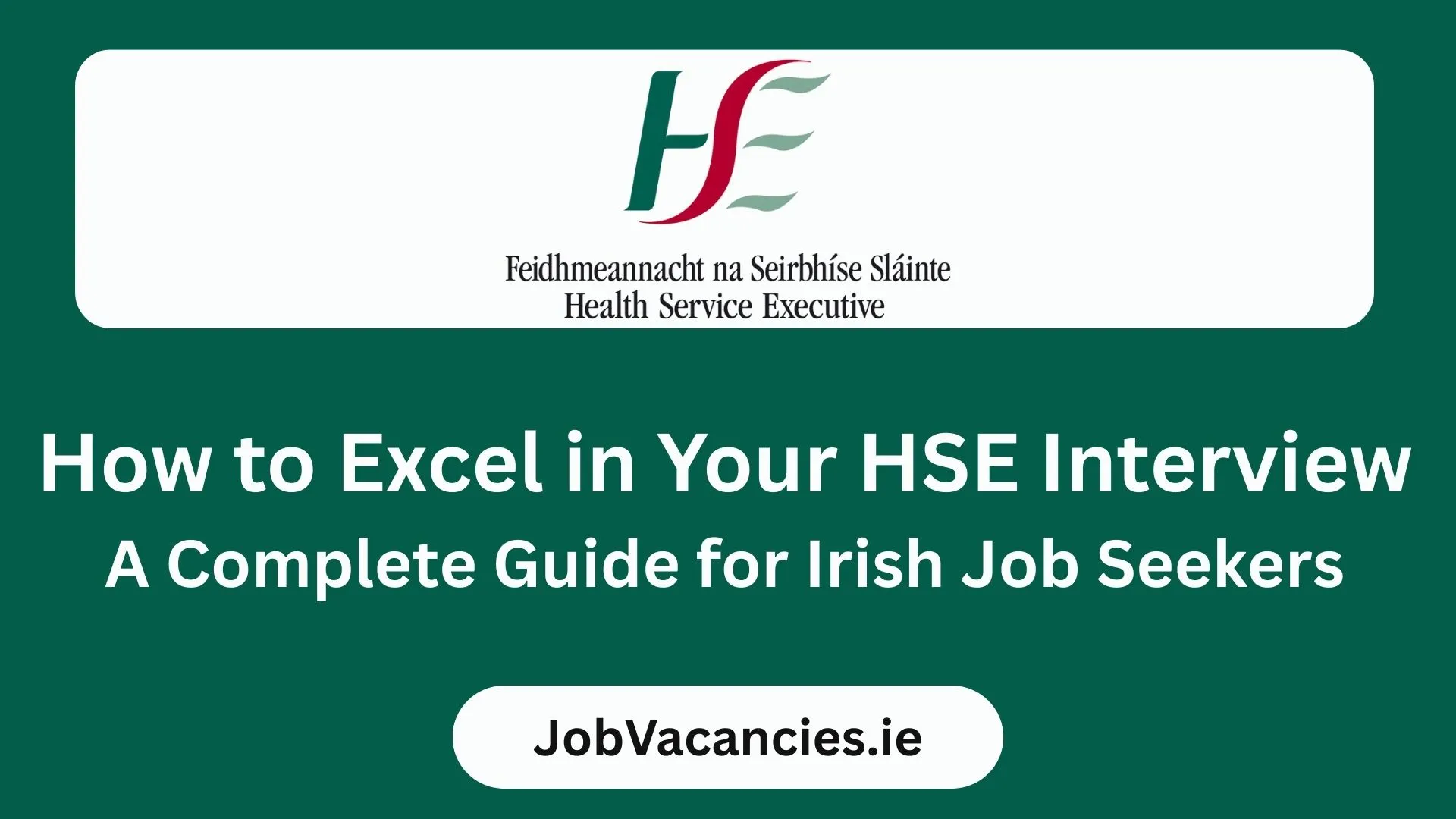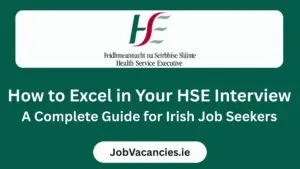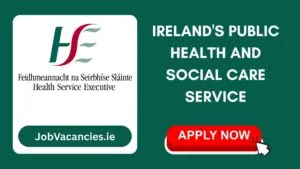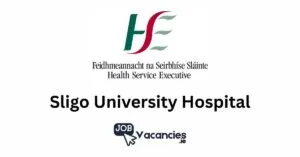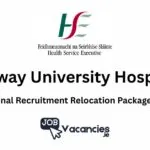Landing a job with the Health Service Executive (HSE) is a career goal for many healthcare professionals and support staff in Ireland. With thousands of positions available annually across various specialties, understanding the HSE interview process can give you a significant competitive advantage. This comprehensive guide reveals key insights into how HSE interviews are structured and what you can do to maximise your chances of success.
Table of Contents
- Understanding the HSE Interview Structure
- The Competency-Based Approach
- Time Allocation and Format
- The STAR Method and Beyond: HSE’s Questioning Approach
- The Funnel Technique
- Sample Question Structure
- Key Areas HSE Focuses On
- 1. Professional Knowledge and Experience
- 2. Communication Skills
- 3. Problem-Solving and Decision Making
- Scoring System: What You Need to Know
- The 100-Point Scale
- Critical Success Factors
- Preparation Strategies That Work
- 1. Deep-Dive Example Preparation
- 2. Research and Context
- 3. Practice Professional Scenarios
- Common Mistakes to Avoid
- 1. Generic Responses
- 2. Poor Structure
- 3. Insufficient Detail
- Special Considerations for Different HSE Roles
- Clinical Positions
- Management Roles
- Administrative/Support Roles
- Final Interview Day Tips
- Presentation and Professionalism
- During the Interview
- Managing Nerves
- Post-Interview Process
- What Happens Next
- Learning from the Experience
- Conclusion: Your Path to HSE Success
- Related Posts
Understanding the HSE Interview Structure
The Competency-Based Approach
HSE interviews follow a structured, competency-based format that focuses on specific skills and experiences relevant to the role. Rather than general conversation, expect targeted questions designed to assess your capabilities in key areas such as:
- Clinical/Professional Knowledge (for healthcare roles)
- Communication Skills
- Team Working
- Problem Solving
- Planning and Organisation
- Leadership and Management (for senior roles)
Time Allocation and Format
Most HSE interviews are carefully timed, typically lasting 45-90 minutes depending on the seniority of the role. The interview usually includes:
- Introduction and experience review (5-10 minutes)
- Competency-based questioning (30-60 minutes)
- Professional knowledge assessment (10-20 minutes)
- Candidate questions (5-10 minutes)
The STAR Method and Beyond: HSE’s Questioning Approach
The Funnel Technique
HSE interviewers use what’s known as the “funnel questioning technique” – a systematic approach that starts broad and narrows down to specific details. Here’s what to expect:
- Situation Identification: “Can you tell me about a time when you had to…”
- Context Gathering: Questions about who, what, where, when
- Action Exploration: Detailed probing about your specific actions
- Results and Outcomes: What happened as a result
- Learning and Application: What you learned and how you’d apply it
Sample Question Structure
Instead of simple questions, expect detailed exploration:
- Initial Question: “Tell me about a time you had to manage a difficult situation with a colleague”
- Follow-up Probing: “What exactly did you say to them? Why did you choose that approach? How did they respond? What would you do differently?”
Key Areas HSE Focuses On
1. Professional Knowledge and Experience
For healthcare roles, demonstrate:
- Evidence-based practice knowledge
- Clinical competency in your specialty
- Understanding of HSE policies and procedures
- Continuing professional development commitment
2. Communication Skills
HSE places enormous emphasis on communication. Prepare examples showing:
- Patient/client communication in challenging situations
- Interdisciplinary team collaboration
- Written communication skills
- Cultural sensitivity in diverse environments
3. Problem-Solving and Decision Making
Showcase your ability to:
- Analyse complex situations methodically
- Make evidence-based decisions under pressure
- Manage competing priorities effectively
- Learn from mistakes and adapt approaches
Scoring System: What You Need to Know
The 100-Point Scale
HSE uses a detailed scoring system with clear benchmarks:
- 90-100 points: Strong Evidence – Exceptional performance
- 70-89 points: Good Evidence – Above average capability
- 40-69 points: Adequate Evidence – Meets requirements
- Below 40 points: Insufficient Evidence – Does not meet standards
Critical Success Factors
- You must score 40+ points in ALL competency areas to pass
- One weak area can disqualify you entirely
- Consistency across all areas is more important than one standout performance
Preparation Strategies That Work
1. Deep-Dive Example Preparation
For each competency area, prepare 2-3 detailed examples using this structure:
- Situation: Set the scene clearly
- Task: Explain your specific responsibility
- Action: Detail your actions step-by-step
- Result: Quantify outcomes where possible
- Learning: Demonstrate reflection and growth
2. Research and Context
Before your interview:
- Study the job specification thoroughly
- Research current HSE priorities and challenges
- Understand the specific service area you’re applying to
- Review relevant HSE policies and guidelines
- Prepare thoughtful questions about the role and organisation
3. Practice Professional Scenarios
Healthcare interviews often include scenario-based questions. Practice discussing:
- Ethical dilemmas in patient care
- Resource constraints and priority setting
- Quality improvement initiatives
- Risk management situations
- Change management experiences
Common Mistakes to Avoid
1. Generic Responses
- Don’t give textbook answers without personal examples
- Avoid hypothetical responses – focus on actual experiences
- Never embellish or fabricate examples
2. Poor Structure
- Don’t ramble without clear direction
- Avoid jumping between different examples confusingly
- Don’t neglect to explain your specific role in team situations
3. Insufficient Detail
- Don’t provide surface-level descriptions
- Avoid vague language like “we did” instead of “I did”
- Don’t forget to explain the reasoning behind your actions
Special Considerations for Different HSE Roles
Clinical Positions
- Emphasise patient safety in all examples
- Demonstrate clinical governance understanding
- Show multidisciplinary team collaboration
Management Roles
- Focus on strategic thinking and change leadership
- Highlight budget management and resource allocation
- Demonstrate staff development capabilities
Administrative/Support Roles
- Emphasise process improvement and efficiency
- Show customer service orientation
- Demonstrate attention to detail and accuracy
Final Interview Day Tips
Presentation and Professionalism
- Arrive 15 minutes early
- Dress professionally and conservatively
- Bring multiple copies of your CV and application
- Prepare specific questions about the role
During the Interview
- Listen carefully to each question
- Take your time to structure responses
- Ask for clarification if needed
- Maintain eye contact with all panel members
- Stay calm if you need a moment to think
Managing Nerves
- Practice deep breathing techniques
- Visualise success beforehand
- Remember your preparation – you’re ready
- Focus on helping them understand your capabilities
Post-Interview Process
What Happens Next
- Decisions are typically made within 1-2 weeks
- Feedback is provided to all candidates
- Successful candidates may undergo additional checks
- Unsuccessful candidates can request detailed feedback
Learning from the Experience
Whether successful or not:
- Request specific feedback to improve future performance
- Reflect on areas for professional development
- Maintain connections made during the process
- Consider alternative HSE opportunities if available
Conclusion: Your Path to HSE Success
Success in HSE interviews comes down to thorough preparation, authentic examples, and clear demonstration of the competencies they value. The structured nature of these interviews actually works in your favour – you know exactly what they’re looking for.
Remember that the HSE is not just hiring for technical skills, but for professionals who share their commitment to providing excellent healthcare services to the Irish population. Show them not just what you can do, but how your values align with their mission.
The healthcare sector in Ireland continues to grow and evolve, creating new opportunities for dedicated professionals. By understanding the HSE interview process and preparing thoroughly, you’re positioning yourself for a rewarding career in one of Ireland’s most important public services.
Ready to take the next step? Browse current HSE vacancies and start your application journey today. With the right preparation and mindset, your ideal HSE role could be just an interview away.
For the latest HSE job opportunities and application guidance, visit JobVacancies.ie – Ireland’s leading job search platform connecting talented professionals with their ideal career opportunities.
